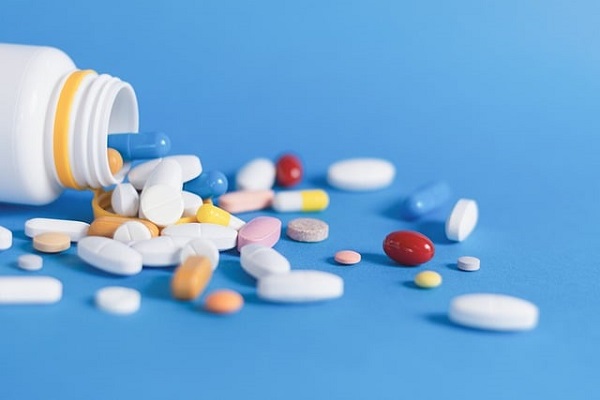 Credit: Pixabay
Credit: Pixabay
Luxembourg's Ministry of Agriculture and the Ministry of Health have launched an awareness campaign about antibiotic use and antimicrobial resistance (AMR).
This campaign coincides with the dates of European Antibiotic Awareness Day (18 November) and World AMR Awareness Week (18-24 November). These international initiatives aim to raise awareness among the public, health professionals and animal owners about the ever-increasing risks associated with the inappropriate use of antibiotics.
The ministries noted that antibiotic resistance is the ability of a bacteria to become resistant to one or more types of antibiotics. They can then cause infections in humans or animals that are more difficult to treat than those caused by non-resistant bacteria. The increase in antibiotic-resistant bacteria is largely due to repeated and inappropriate use of antibiotics in humans and animals.
Antibiotic resistance leads to prolonged hospitalisations, increased medical expenses and increased mortality and morbidity. Currently, the European Union records more than 35,000 deaths per year due to infections linked to multi-resistant bacteria, noted the ministries.
In 2022, human consumption of antibiotics for systemic use was estimated in Luxembourg at 17.6 defined daily doses (DDD) per 1,000 people in the community setting and at 1.41 DDD per 1,000 people in the hospital setting.
In animal health, the entry into force of European Regulation 2019/6 (also known as the new veterinary regulation) since 2022 provides for reinforced measures intended to ensure judicious and limited use of antibiotics in animals. The regulation recognises and highlights the important role played by veterinarians in ensuring the appropriate use of antibiotics.
Following the joint efforts of the two ministries, the national antibiotic plan for 2018 to 2024 forms part of a "One Health" approach. This includes the design and implementation of programmes, policies, legislation and research to improve public health outcomes.
The ministries added that to combat antibiotic resistance, it is necessary to use them only when prescribed by a licensed healthcare professional and to avoid self-medication. It is important not to share antibiotic treatments, but to take them to the end (as prescribed) and not to store them for later use. Preventive measures like vaccination, hand washing and food hygiene are also deemed necessary to reduce the spread of infections.
In continuation of the national antibiotic plan for 2018 to 2024, the Health Ministry and its partners have renewed their antibiotics communication campaign. This awareness-raising campaign is being carried out in collaboration with the Agriculture Ministry and includes all sectors and stakeholders: doctors, pharmacists, veterinarians, farmers, pet owners and the general public.








